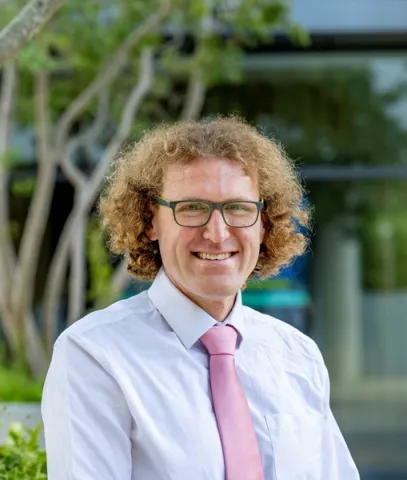About the project
This project will address the systems engineering challenge of enhancing mission assurance for small satellites by developing an AI-powered risk assessment framework.
Small satellites are revolutionising space access by enabling fast, low-cost development. However, their risk-tolerant nature often leads to mission failures, especially in early generations. Unlike traditional satellites, small satellite teams are small, with a low level of experience, and their risk assessment practices are rarely shared across institutions or countries, limiting collective learning and improvement.
Using publicly available data from over 2,500 past small satellite missions, you'll apply big data analysis and natural language processing to extract and analyse on-orbit malfunctions. AI tools will overcome language barriers, enabling access to global datasets, including non-English sources. The result will be a comprehensive malfunction database and a risk assessment tool that prioritises risks based on mission type and team experience. It will also propose cost-effective countermeasures, allowing future small satellite developers worldwide to make informed decisions regardless of location or language.
You will join the Astronautics Research Group at the Department of Aeronautical and Astronautical Engineering, working at the intersection of space systems engineering, AI, and data science. The project offers access to cutting-edge facilities, interdisciplinary training, and potential collaboration with international satellite teams. This is a unique opportunity to contribute to the future of reliable, scalable satellite development and global space mission success.
The School of Engineering is committed to promoting equality, diversity inclusivity as demonstrated by our Athena SWAN award. We welcome all applicants regardless of their gender, ethnicity, disability, sexual orientation or age, and will give full consideration to applicants seeking flexible working patterns and those who have taken a career break.
The University has a generous maternity policy, onsite childcare facilities, and offers a range of benefits to help ensure employees’ well-being and work-life balance. The University of Southampton is committed to sustainability and has been awarded the Platinum EcoAward.

